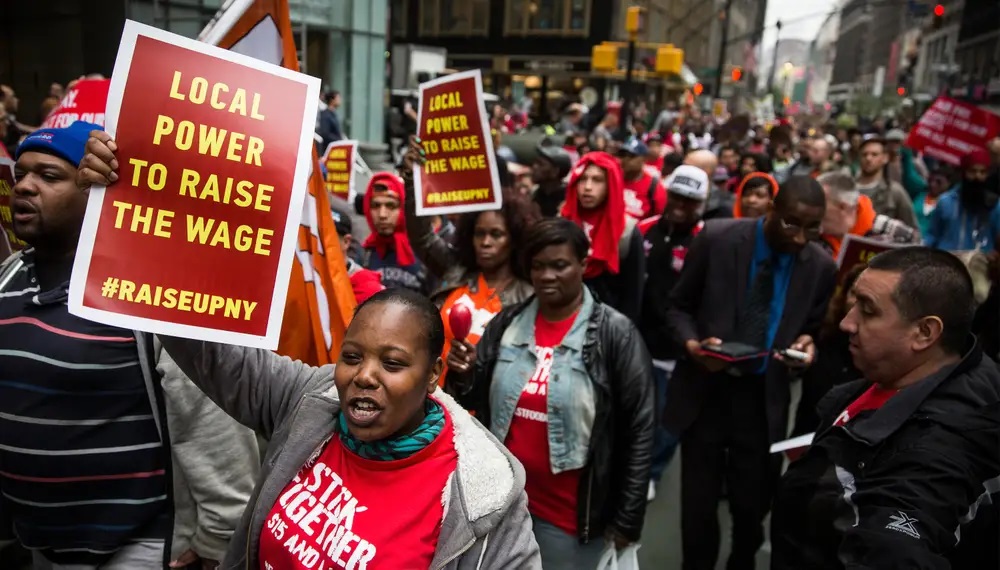W hen entering a discussion on the exploitation of work, the assumption is generally made that the workers are being unfaired or badly treated in some form or fashion by the employer or management. This assumption is not to be dismissed, as it is consistent with the understanding that labour exploitation is about the abuse of people in the workplace for profit. Added to this, there is the belief that the abuse can be direct and brutal or much less obvious.
There is concurrence with the understanding that exploitation can be devastating for victims, who can be impacted psychologically, physically, emotionally and financially. Very often workers are made to tolerate abuse and suffer in silence. They remain at the mercy of the employer.

Those who are considered as the most vulnerable, and in this instance, are identified as unskilled, lowly paid workers and those who are without academic qualifications. There is good reason to believe that many workers live in fear of losing their jobs. The fact that the labour market throws up a state of excess labour is a phenomenon which is seemingly not lost upon employers.
Those who manipulate the circumstances stand to be accused of behaviour which borders on being inconsiderate and lends itself to being described as callous and ridiculous. Workers who are exposed to being exploited tend to fall into the group that has no contract of employment and are part-time, temporary or casual employees. This is not to say that other categories of wo.
















